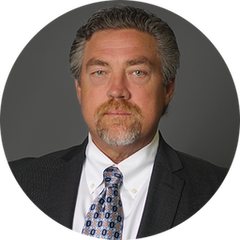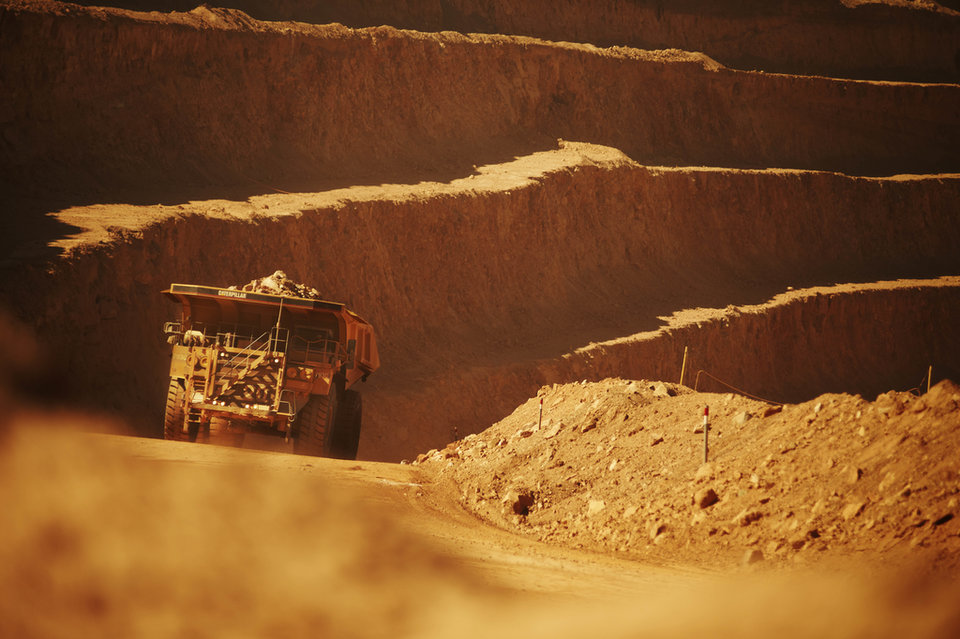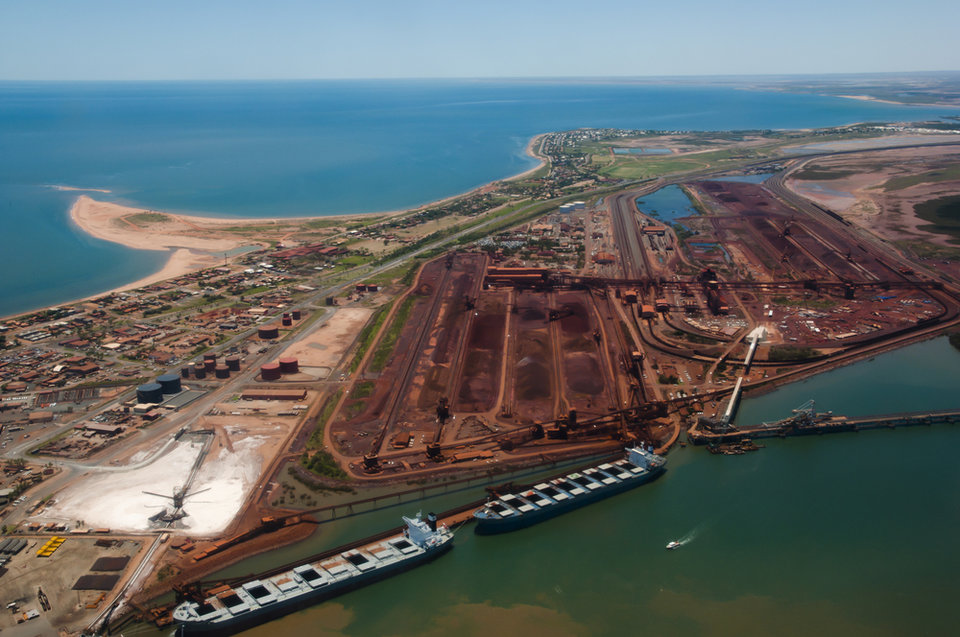COMPANY INSIGHT
Founded in 1977 in Kentucky, US as Carroll Engineering, today the Carroll Technologies Group incorporates Delta Electric and provides safety products and services from over 70 manufacturers to 800 mines across the US. Here, President and CEO Tom Bannister speaks to JP Casey about the history, services and future of the group
Carroll Technologies Talks Mining Safety
Scroll down to read the article
Could you tell us about your background and that of Carroll Technologies?
My great-grandfather, grandfather and my father were all coal miners, that's how they made their living, supported their big families; I'm from a family of six kids myself. They made a good living doing that, and the mining accidents and injuries that happened many times when I was a kid growing up, it was always something that we talked about around the dinner table, what they could do to prevent that from happening to another coal miner, so safety's always been our number one goal. It's to make safety the forefront of all mining. We feel that a safe workplace is the most efficient and productive workplace.
Delta Electric Incorporated, in West Virginia, was founded in 1976 in the heart of the coalfields in Logan, West Virginia. It was to be the first company to rebuild mining circuit breakers for the coal industry. Carroll Engineering was founded in 1977 in Harlan, Kentucky, and then in the mid-1980s the companies joined forces. Today, both of them operate under the umbrella of the Carroll Technologies Group.

Tom Bannister, CEO of Carroll Technologies Group.
What products and services does Carroll provide?
We sell 20,000 different products from over 70 distributors. We do wireless camera systems on slopes so they can see the product they put on a slope car stays on there even though it's in transit down a slope with the cable connected to it, unmanned. There's no limit to those kind of things we've done in the past; that's one of the smaller projects that we've just recently done.
We put cameras on a lot of the rubber-tyred equipment that's in the mining industry and supply communications and monitoring projects and design solutions for many different situations for our customers
We also service everything we sell. So we don't just sell it and drop it off on their door, we actually service it, help them install it, train them on it, help them maintain it, pick up bad units and rebuild them for them. We call it a 'sales route'; we call on our customers weekly or bi-weekly, or several of them twice a week, to pick up those units that need repairs or provide an exchange product, and to deliver new products or go to the job and service a product that's not working properly. So we're way more than a supplier.
We have relationships with our manufacturers, that's why we are authorised to do warranty work for a lot of them and we do buy parts from our manufacturers on anything that's industry-approved or regulated. We don't sub another part; we literally buy that from the manufacturer so it still meets industry requirements and regulations.
We run reports outside to show [clients] how many times a motor started or what the reading was on a CO monitor or methane monitor. We monitor pumps and air, temperature, gas etc. There's nothing we can't monitor and get that data back outside with a fibre backbone.
What are the main safety issues affecting the mining industry today and how do your products address them?
We would start with communications. In many mines, all they had were hard-wired 'pagers'. You’d have to go to one of those pagers to talk, to communicate, with other miners or to the surface. We sell what we call a leaky feeder, so that everybody can have a handheld radio, everybody can talk to everybody and you don't have to go to a fixed-wire pager system, like it was years ago.
How has Carroll Technologies responded to changes in US mining regulation?
Naturally, the laws and requirements have changed a lot and we were very well-suited because tracking and communications was part of the Miner Act 2006; to actually start tracking each coal miner, and each one had to have the ability to have communications outside to the surface people. And we have been selling those products for 15 years or better, prior to the Miner Act. And once that Miner Act happened, naturally, we were sitting in the driver's seat.
BHP topped Brand Finance's Mining, Iron and Steel 25 league table for 2018. Credit: BHP.

Are you moving beyond coal mining into other commodities?
That's really our priority – not that we're going to give up on coal mining because that's our mainstay – but over five years ago we started a company in Knoxville, Tennessee, our resource division, to expand our safety products and services to all industries and it concentrates on metal/non-metal. We want our company to be much more diversified than it has been in the past.
Do you see automation becoming more prominent in the future of mining?
If you take human error out of it you can have a lot safer working environment, in most cases. I do [see automation becoming more prominent] and there are a lot of devices in mining that are that way. We're doing a lot of things with remote, wireless remote controls now, so the individual doesn't have to be on that piece of machinery to run it – he stays out of harm's way and doesn't have to get under unsupported top, or stay out of hazardous areas and check equipment remotely.

The 'Think Big' campaign reminded the public of BHP's crucial contribution to Australia's growth. Credit: BHP.
Contact information
Web: www.carrolltechnologiesgroup.com
Email: jcb@carrollengineeringco.com
Tel: +1-877-9MINERS (USA)